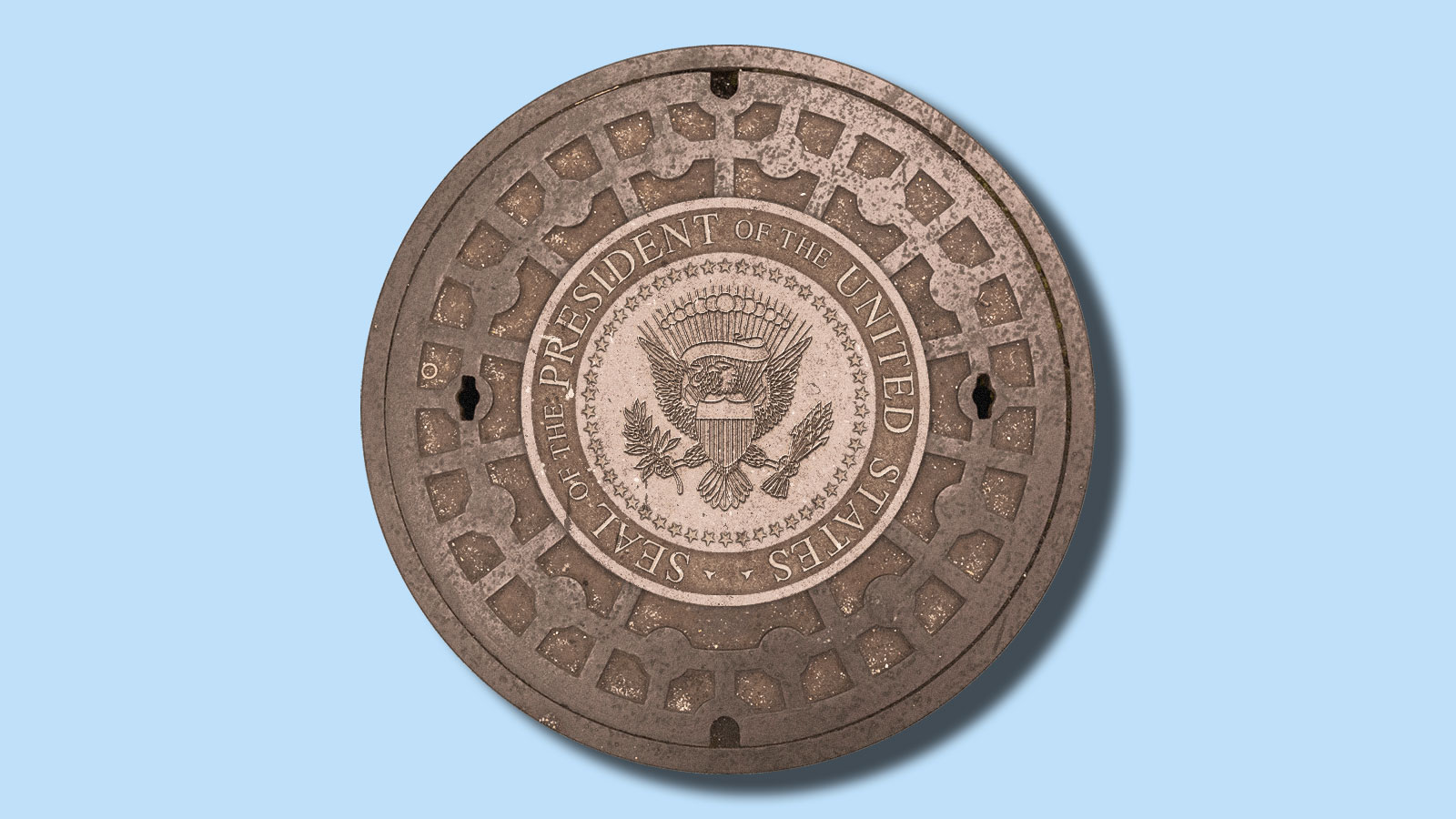In a first, the Justice Department will investigate whether Alabama’s sewage crisis violates civil rights
Nov 10, 2021
In a first-of-its-kind investigation, on Tuesday the U.S. Department of Justice, or DOJ, announced an environmental justice probe into wastewater management and infectious disease programs managed by the Alabama Department of Public Health as well as the health department of the state’s Lowndes County. The historic investigation is centered on the widely-chronicled wastewater overflow problems in Lowndes County and the surrounding Black Belt region, which has led to sewage inundating the yards of predominantly Black residents for years.
Public health departments are required to operate their wastewater disposal systems and infectious disease measures in a safe, uniform, and equitable manner, DOJ officials said on Tuesday. Over the last several years, the state and county health departments have received millions of dollars in federal funding to reconfigure and improve their waste treatment systems with little to show for it, prompting the probe. DOJ officials said that Alabama officials are cooperating with the investigation.
Federal prosecutors in the department’s civil rights division will explore whether Alabama officials discriminated against Black residents in a manner that led them to experience the adverse effects of poor wastewater treatment, Assistant Attorney General Kristen Clarke said on Tuesday morning.
“State and local health officials are obligated, under federal civil rights laws, to protect the health and safety of all their residents,” Clarke said. “Sanitation is a basic human need, and no one in the United States should be exposed to risk of illness and other serious harm because of inadequate access to safe and effective sewage management.”
Alabama’s Black Belt region is named for the dark rich soil that fueled cotton plantations and the U.S. slave trade, but that type of soil makes it nearly impossible for septic tanks, which filter and transport wastewater, to function. These issues were recently brought to national attention by Catherine Coleman Flowers, who grew up in Lowndes County and recently published a book on the wastewater crisis. (Flowers was also a 2017 Grist Fixer.)
The lack of safe and clean disposal options for wastewater in the U.S. South has led to the uncontrolled spread of diseases and parasites, such as hookworms. Across the country, roughly 1 in 5 wastewater systems aren’t functioning at their full capacity, according to the American Society of Civil Engineers — and these problems are being exacerbated by increasingly frequent severe weather events linked to climate change. Communities of color in the U.S. are disproportionately burdened by aging and failing wastewater infrastructure.
A 2017 study by researchers at Baylor University found that more than 30 percent of residents in and around Lowndes County — where roughly 30 percent of the people live in poverty — had tested positive for hookworm. In addition, the study found that 73 percent of Lowndes County residents reported exposure to raw sewage inside their homes.
According to Clarke, the DOJ’s investigation is its first ever to enforce Title VI of the 1964 Civil Rights act for an environmental program funded by the department, alluding that there may be more to come.
During the announcement of the probe, Clarke attributed some of the county’s problems to climate change, emphasizing the department’s new commitment to focusing on investigations into communities that have been “historically marginalized and overburdened by pollution and underinvestment in housing, transportation, water, and wastewater infrastructure and healthcare.”
This story was originally published by Grist with the headline In a first, the Justice Department will investigate whether Alabama’s sewage crisis violates civil rights on Nov 10, 2021.
